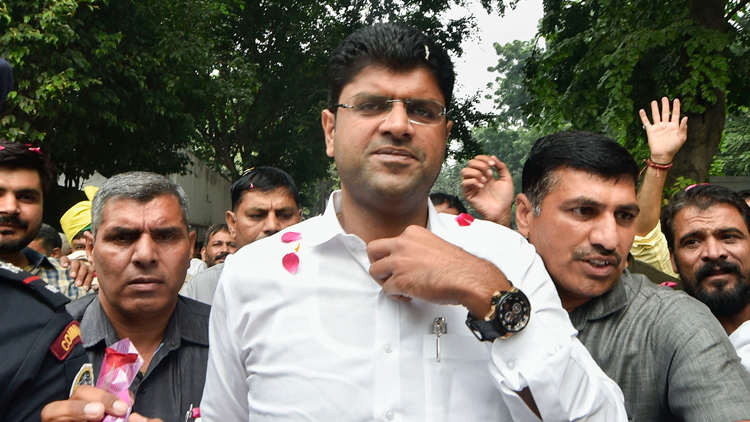The deputy chief minister of Haryana, Dushyant Chautala, has stated that the Bharatiya Janata Party-led state government is open to suggestions from industry bodies on a law that offers 75 per cent reservation to sons of the soil in private sector employment within a specific salary ceiling. The apparent willingness on the part of Mr Chautala’s government to engage in deliberations on the matter is welcome because industry has raised some serious concerns with the legislation. One of these is related to the principle of merit. A skilled workforce is a prerequisite for industrial productivity and the pool for talent should, ideally, be as wide as possible. A rule to limit the scope of recruitment would undoubtedly have an adverse impact on merit and skill, which, in turn, would have a bearing on the ease of doing business, productivity and, ultimately, competitiveness. The Haryana State Employment of Local Candidates Act, 2020 could well inhibit investors, lowering investments in a state that remains agrarian in character. The legislation also straddles grey areas in terms of constitutionality and legality. The Constitution does not have an explicit provision that empowers states to extend reservation to private employment since it could have troubling implications on the fundamental rights to equality and against discrimination. These constitutional concerns have often found expression in judicial notings. After Andhra Pradesh had given its nod to a similar provision the Andhra Pradesh High Court had observed that such an intervention appeared to be unconstitutional prima facie.
Curiously, constitutional and legal proprieties have not stopped elected governments from pursuing such a narrow agenda. Haryana and Andhra Pradesh are not the only states to have crossed into uncharted territory. Madhya Pradesh has announced a law reserving all government jobs for ‘children of the state’; there are whispers that Jharkhand, too, is contemplating reservation in private jobs. The principal reason behind such measures is competitive populism, which has intensified with a corresponding spike in inequality, unemployment and the erosion in the stature of the State as a custodian of welfarism. If provincial instincts were to reflect in policy, it would have a debilitating effect on India’s inclusive, pluralist ethos that guides social and economic activities. The irony of claims of affirmative action — the Haryana State Employment of Local Candidates Act, 2020 is being touted as one example — deepening division must not be ignored.











